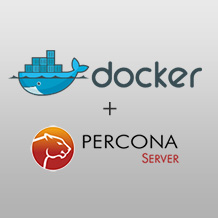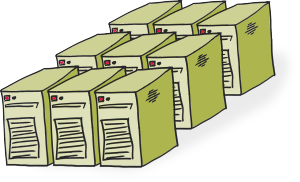 I developed this container to solve specific needs and alleviate pain points present when dealing with deployment and administration of MySQL on servers that I manage.
I developed this container to solve specific needs and alleviate pain points present when dealing with deployment and administration of MySQL on servers that I manage.
Tag: linux
DevOps
 Soon after I started working with Rails, I wanted to start using my own server environment, instead of a managed hosting. I wanted to be able to use any kind of libraries, their versions and any other tools my projects required on my server, set up the way I need it. Thus I got my first VPS.
Soon after I started working with Rails, I wanted to start using my own server environment, instead of a managed hosting. I wanted to be able to use any kind of libraries, their versions and any other tools my projects required on my server, set up the way I need it. Thus I got my first VPS.